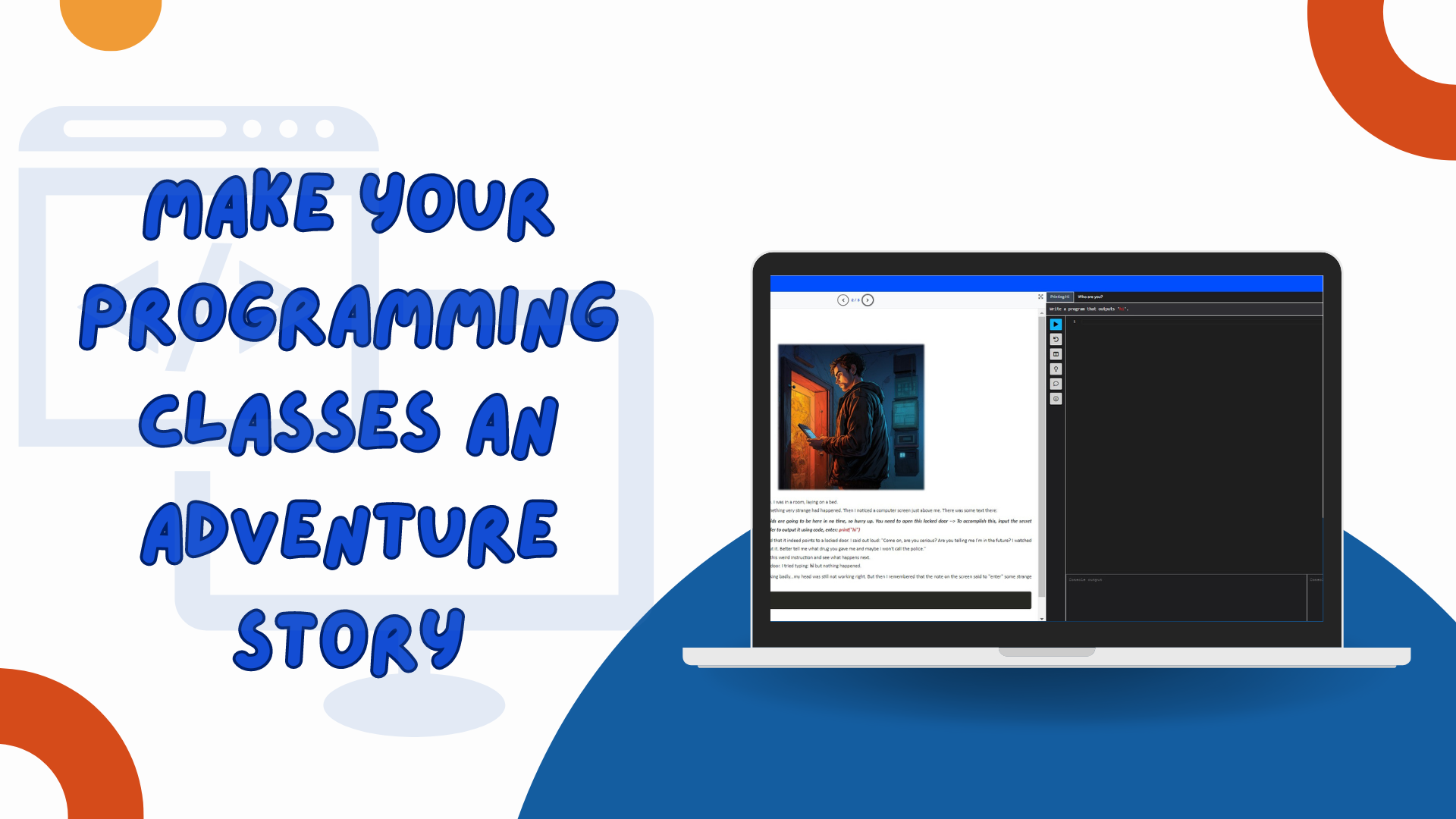Top Global Conferences for Computer Science Educators: A Comprehensive Guide
In today’s rapidly evolving educational landscape, staying updated on the latest trends and innovations in computer science education is crucial for teachers at all levels. Conferences dedicated to computer science education provide invaluable opportunities for educators to enhance their teaching methods, explore cutting-edge technologies, and network with peers and researchers worldwide. This guide highlights some of the most significant global conferences focused on computer science education, offering insights into their themes, target audiences, and the key benefits they provide for educators. Whether you’re a K-12 teacher or a university professor, these events can help you stay at the forefront of teaching innovations in the field.
These conferences offer valuable resources, networking opportunities, and the latest research for Computer Science teachers:
1. Annual Conference on Innovation and Technology in Computer Science Education (ITiCSE)
- Website: https://iticse.acm.org
- Focus: ITiCSE is an annual ACM conference that focuses on educational innovations and the use of technology in computer science education. It offers workshops, papers, and panels on innovative teaching methods, curriculum development, and new tools to enhance computer science education at all levels.
- Audience: University educators, researchers, and secondary educators.
- Useful Information for Teachers: Teachers can learn about new technologies and methods to engage students, curriculum development ideas, and strategies to integrate emerging tools into their teaching.
2. Australasian Computing Education Conference (ACE)
- Website: https://aceconference.wordpress.com
- Focus: This conference is part of the Australasian Computer Science Week and centers around computing education research, particularly in the Australasian region. It covers innovative teaching techniques, assessment strategies, and educational technology in computer science.
- Audience: Educators and researchers primarily from Australia, New Zealand, and the Pacific region.
- Useful Information for Teachers: ACE provides insight into how computing education is evolving in the Australasian region, with a strong focus on pedagogical research and innovative teaching practices.
3. CSTA Annual Conference
- Website: https://conference.csteachers.org
- Focus: Organized by the Computer Science Teachers Association (CSTA), this conference provides K-12 educators with resources, professional development opportunities, and networking sessions to help them improve their teaching practices.
- Audience: K-12 computer science teachers.
- Useful Information for Teachers: The CSTA conference focuses heavily on professional development for K-12 teachers, offering workshops on curriculum design, teaching strategies, and classroom tools.
4. International Computing Education Research (ICER) Conference
- Website: https://dl.acm.org/conference/icer
- Focus: ICER is a high-impact research conference focusing on computing education. Researchers and educators present peer-reviewed papers, and there are discussions on various topics related to teaching computer science, cognitive science in learning, and educational psychology.
- Audience: Computing education researchers and post-secondary educators.
- Useful Information for Teachers: Teachers interested in research-driven insights on how students learn computer science and cognitive approaches to teaching will find this conference valuable.
5. International Conference on Informatics in Schools: Situation, Evolution and Perspectives (ISSEP)
- Website: https://issep2021.science.ru.nl
- Focus: ISSEP brings together researchers and educators to discuss how informatics (computing) is taught in schools. The conference emphasizes informatics curriculum development, tools, and teaching methodologies, especially at the K-12 level.
- Audience: K-12 teachers, curriculum developers, and researchers.
- Useful Information for Teachers: ISSEP focuses on curriculum development for K-12 education, helping teachers understand how to implement and adapt computing and informatics education in schools.
6. SIGCSE Technical Symposium
- Website: https://www.sigcse.org/events/symposia/index.html
- Focus: SIGCSE (Special Interest Group on Computer Science Education) is one of the largest and most influential conferences on computer science education. It includes technical papers, panels, and workshops on a wide range of topics related to teaching computing at all levels.
- Audience: Educators, researchers, and industry professionals.
- Useful Information for Teachers: The symposium offers a deep dive into computer science education at all levels, providing insights into pedagogical practices, educational research, and curriculum innovations.
7. Workshop in Primary and Secondary Computing Education (WiPSCE)
- Website: http://www.wipsce.org
- Focus: WiPSCE focuses specifically on computing education at the K-12 level, offering workshops and discussions on curriculum design, teaching methods, and how to improve computing education in schools.
- Audience: Primary and secondary educators, researchers, and curriculum designers.
- Useful Information for Teachers: Teachers can engage with peers and experts on improving K-12 computer science education, learn about curriculum design, and explore innovative tools for teaching.
Additional Notable Conferences:
- Frontiers in Education (FIE) Conference:
Website: https://2024.fie-conference.org/- Focuses on educational innovations and research, covering a wide range of topics, including computing education.
- Useful for: Educators interested in interdisciplinary approaches and engineering education.
- European Conference on Computing Education (ECCE):
- Focuses on computing education research and teaching practices across Europe, similar to ICER but with a European context.
- TCEA Convention & Exposition:
- Website: https://convention.tcea.org
- Focuses on the use of technology in education, including coding, computational thinking, and other computer science topics for K-12 teachers.
Each of these conferences offers rich opportunities for professional development, networking, and staying updated on the latest trends and innovations in computer science education. Attending or engaging with these events, even remotely, can be extremely beneficial for teachers at various levels.


